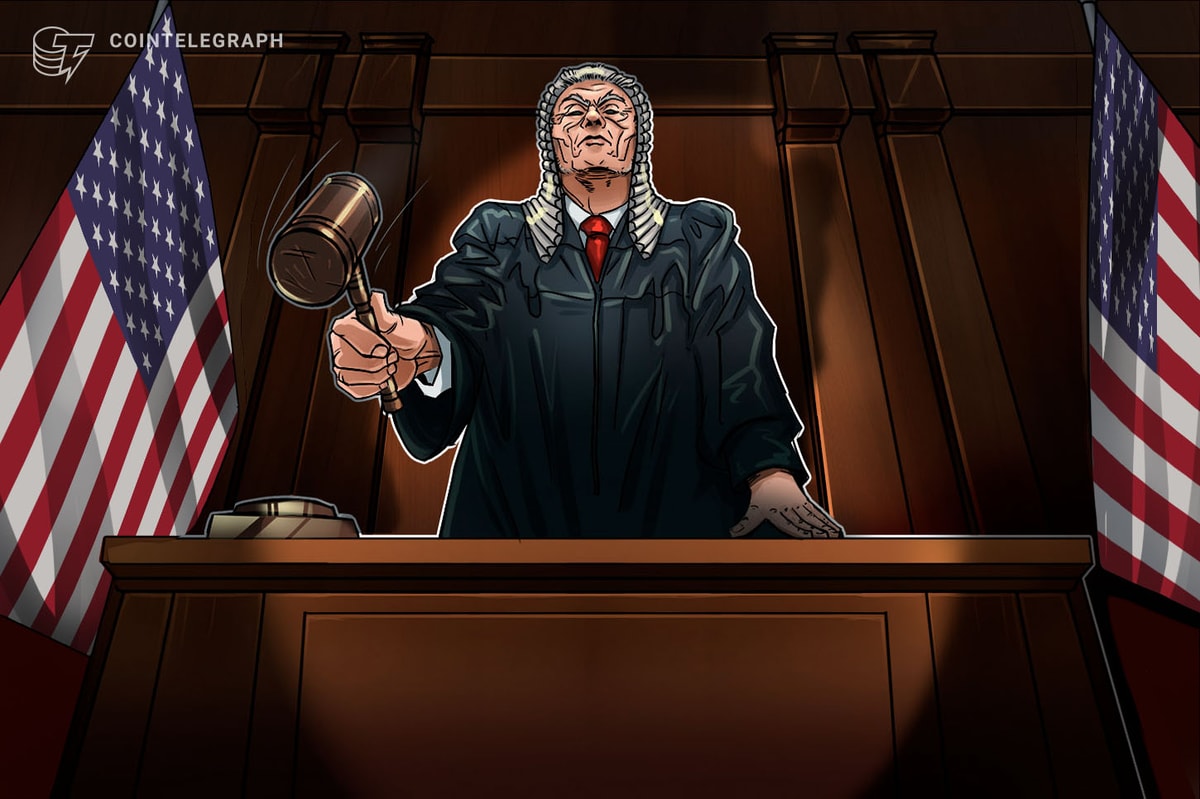California legislators have been actively drafting and managing new laws to regulate the development, deployment and use of artificial intelligence.
In its latest effort on Aug. 31, the California state Senate passed Assembly Bill (AB) 1836 — legislation that mandates explicit consent from the estates of deceased performers prior to making AI-generated replicas.
No consent, no replicas
The bill would impose penalties on anyone who produces, distributes or makes available a digital replica of a deceased person’s voice or likeness in an audiovisual form without obtaining explicit prior consent.
This penalty would be a monetary amount equal to $10,000 or the actual damages suffered by the rights owner for the deceased personality’s likeness.
According to the bill, a “digital replica” is equivalent to a computer-generated, highly realistic digital representation readily identifiable as the voice or visual likeness of an individual that is embodied in a sound recording, image, audiovisual work or transmission.
The offense would include AI alterations that make the individual perform or appear in ways they never did or alterations to the fundamental character of the performance or appearance.
The bill now sits on California Governor Gavin Newsom’s desk, awaiting the final say.
AB 1836 bill is backed by the Screen Actors Guild‐American Federation of Television and Radio Artists and the Interactive Media Agreement (SAG-AFTRA), one of the United State’s largest performers unions, among others, and therefore is anticipated to pass.
Hollywood fights AI
AI replication of performers’ likenesses has been a hot-button issue in Hollywood since the emergence of mainstream AI models capable of creating such replicas easily.
It was one of the main negotiating points of the 2023 SAG-AFTRA strike that lasted 118 days.
Related: AI identity platform combats ownership and deep fakes
SAG-AFTRA’s vigilance against the misuse of its members’ likenesses by AI can also be seen in its more recent efforts in April 2024, striking a preliminary deal with top record labels against AI misuse.
Additionally, in July, Hollywood video game performers who are a part of the same union went on strike due to concerns about proper AI protections and “abuse” in the gaming industry.
Already, we’ve seen AI used to “resurrect” artists who are no longer alive. The British immersive entertainment firm Layered Reality used AI to create a live performance of Elvis Presley by extracting content from old personal photos and home video clips.
In November 2023, Universal Music Group released the Beatles’ last song — a track called “Now and Then” — which was made possible using AI to reproduce John Lennon’s vocal track.
Governor Newsom currently has multiple AI-related bills sitting on his desk, including the controversial Senate Bill (SB) 1047, which advocates for AI safety and a “kill switch” for AI models gone rogue.
AI Eye: AI drone ‘hellscape’ plan for Taiwan, LLMs too dumb to destroy humanity











